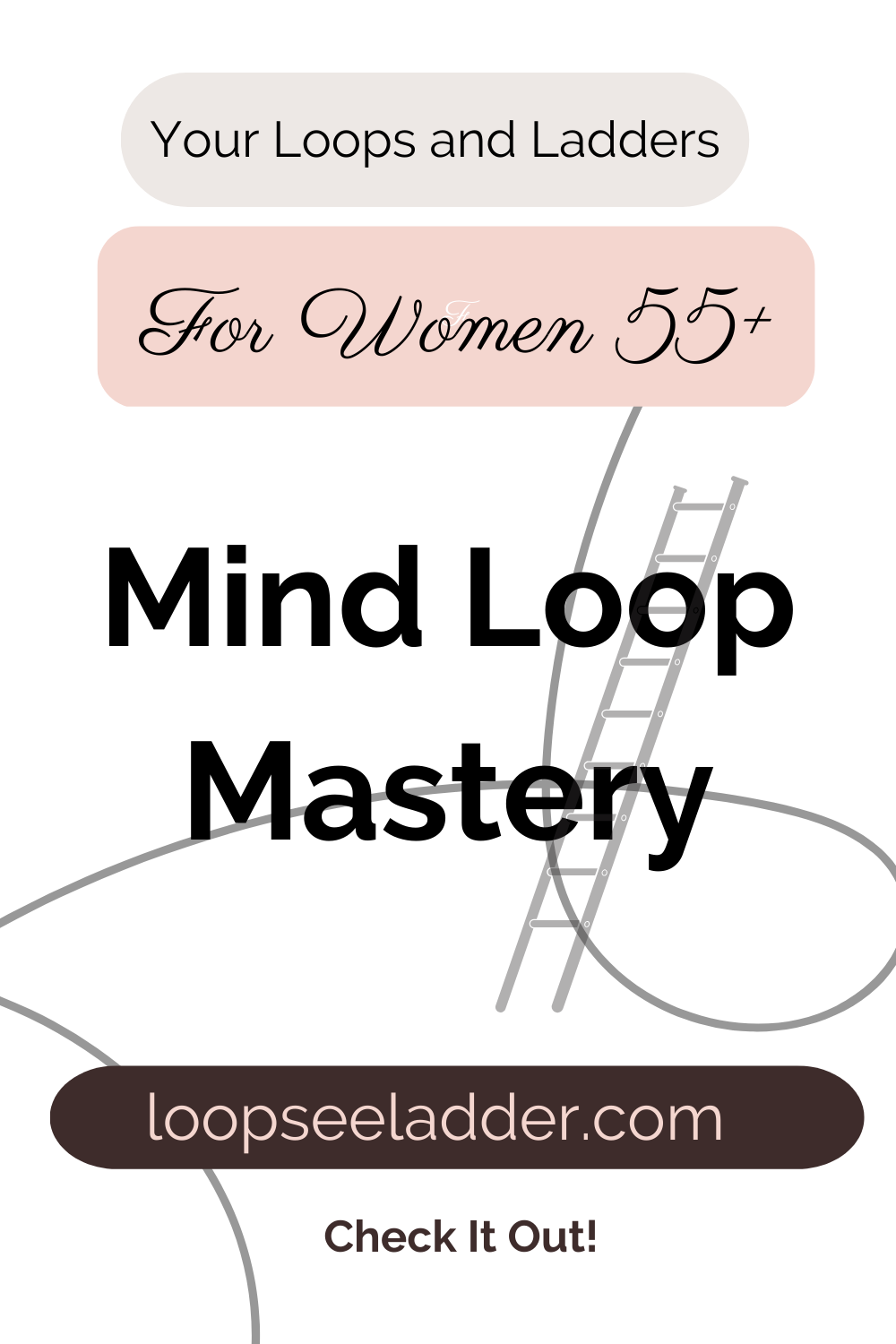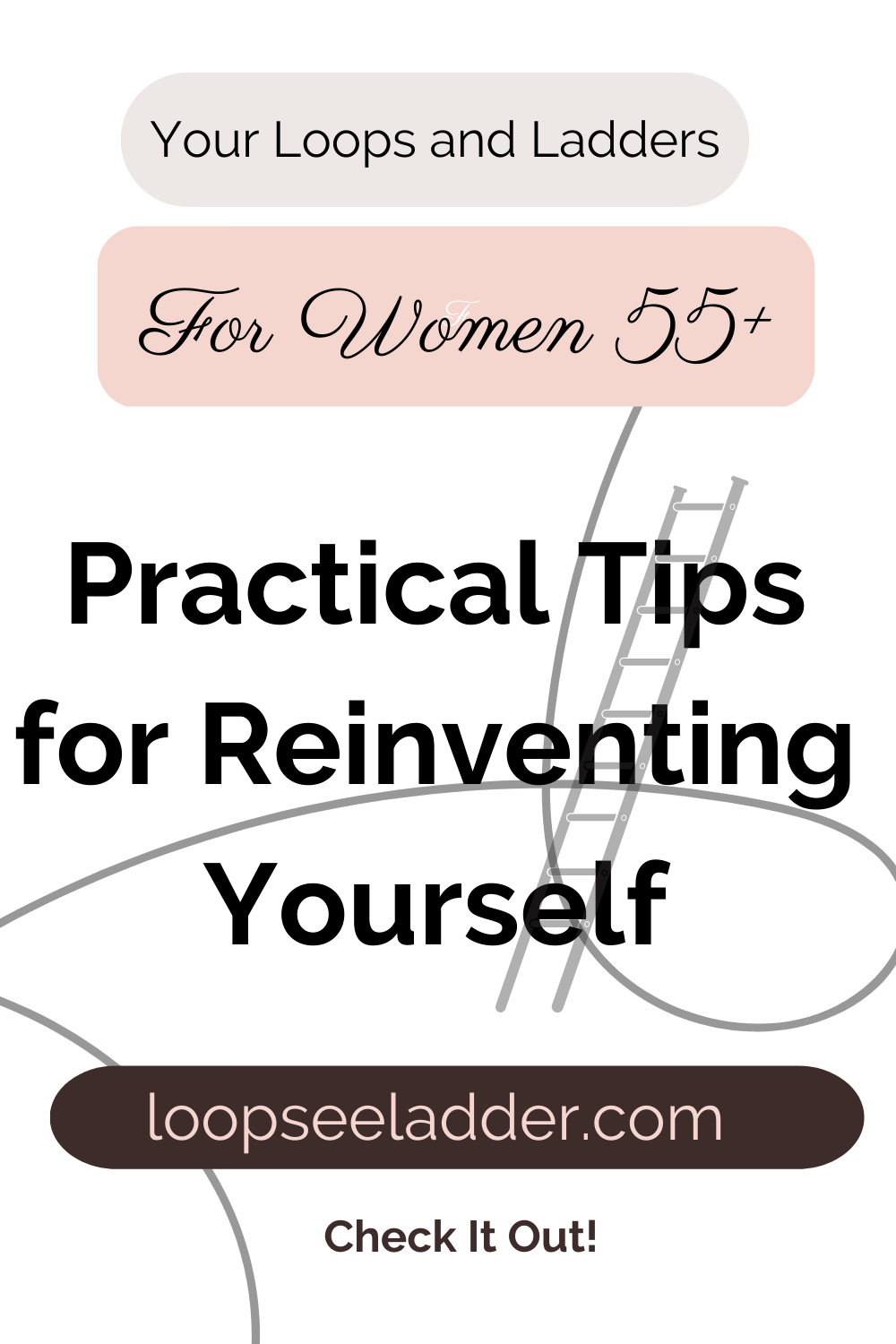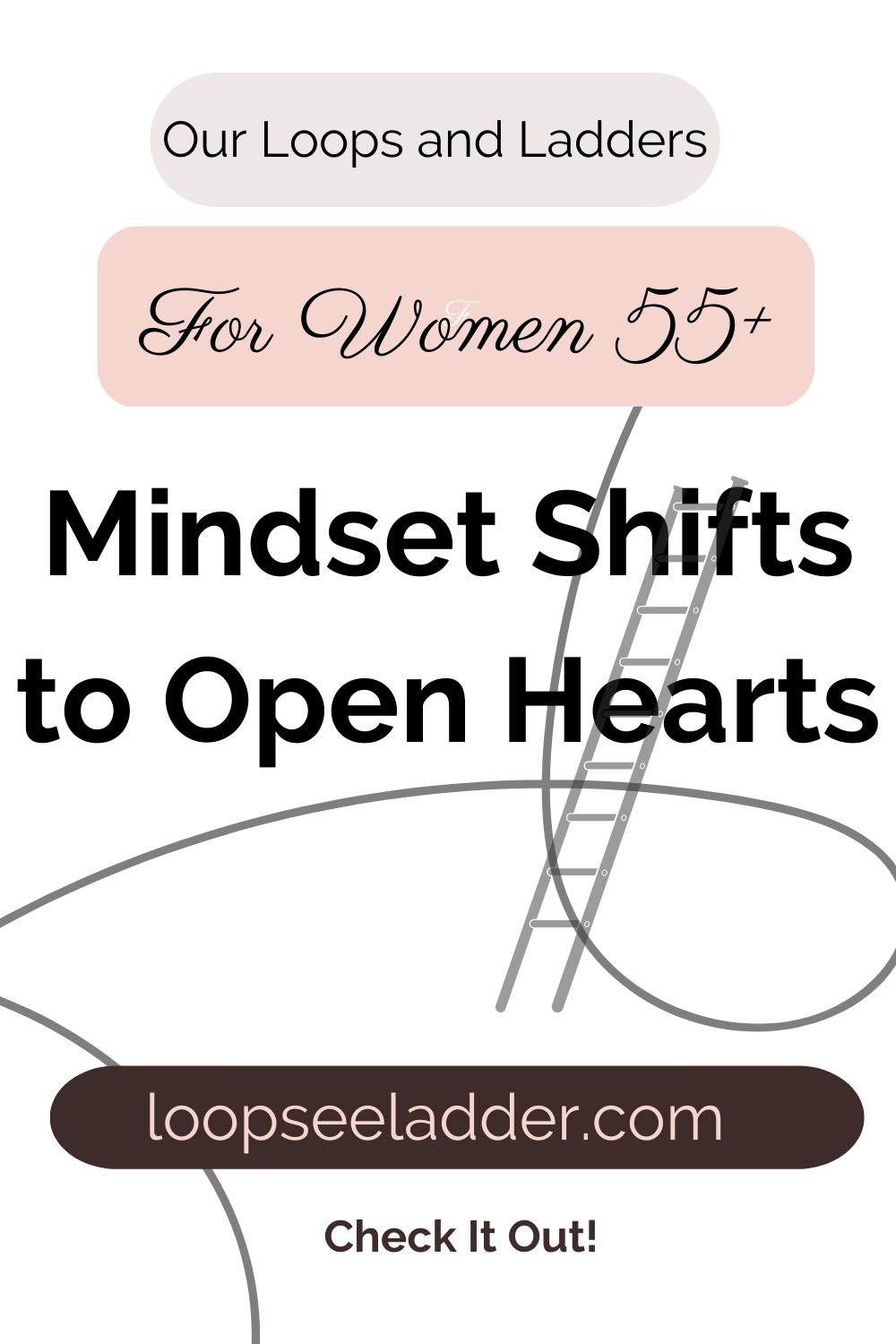Love And Science And Women 55+
Science has discovered that the brain plays a vital role in the feelings of love we experience.
Therefore, intentionally increasing the love quotient in our lives leads to more joy, passion and purpose.
“We’re proud that Feedspot has recognized Loop See Ladder Blogs as one of the Top 100 Women-over-Fifty Blogs on the Web. This recognition underscores our commitment to providing valuable content and resources for women like you.”
The Surprising Link between Science and Love - A Preamble
What is that feeling of having a crush on someone, falling in love, and feeling that true love? I confess it occupies my thoughts.
I am currently bingeing on Korean dramas about romantic love. I am a woman well beyond 55+, and my embers are being fanned. I am ready to fall in love.
I can feel it in my physical and emotional body. I have thoughts of having a crush and falling in love, and it positively affects my social awareness. So, I am on the hunt!
Have you ever wondered why we feel the way we do when we fall in love?
Love is a complex emotion that has puzzled scientists for years, but recent research has uncovered some fascinating insights. From releasing the hormone oxytocin to activating mirror neurons, science has revealed a surprising link between the feelings of love and our brains.
The power of love can improve our relationships and overall well-being. Let’s explore.
The Role of Oxytocin in Love
Oxytocin is commonly called the "love hormone" because it can increase feelings of trust, bonding, and closeness in human relationships.
Oxytocin is released in large quantities during hugging, kissing, and sexual activity. It plays a crucial role in maternal bonding and promoting social behaviour in both men and women.
Oxytocin has also been shown to positively affect mental health, reducing anxiety and stress and promoting calm and well-being.
The exact mechanisms of how oxytocin works are still being studied, but its influence on the experience of love and social bonding is undeniable.
The Power of Mirror Neurons
Mirror neurons are a fascinating aspect of the brain that have been found to have a powerful impact on our relationships. These neurons allow us to understand and empathize with others by mirroring their actions and emotions in our neural pathways.
For example, if we see someone smile, our mirror neurons fire, and we experience similar happiness. This ability to empathize with others is crucial for building strong connections and fostering social bonds.
Research has shown that mirror neurons are particularly active when we observe the actions and emotions of those close to us, such as our romantic partners. This suggests that our mirror neuron system plays a key role in the experience of love and forming intimate connections.
By mirroring our partners’ emotions and behaviours, we can better understand and respond to their needs, strengthening our relationships.
Breaking Mind Loops to Foster Intentional Living
Understanding the power of mirror neurons can also help us break out of negative thought patterns and foster more intentional living. In addition, it can help us strengthen our romantic relationships.
By becoming aware of our actions and emotional impact on those around us, we can cultivate more empathy and compassion in our relationships, leading to more positive interactions and greater well-being in our daily lives.
Climbing Ladders of Growth to Reach Joy
One key to living a fulfilled life is intentionally climbing our growth ladders. This is true in our relationships and all aspects of our lives. We can unlock hidden potential and new opportunities for joy and happiness by challenging ourselves to step out of our comfort zones.
However, climbing these ladders can be challenging. It requires self-awareness and a willingness to embrace the discomfort many of us struggle with. One way to start is by breaking out negative thought patterns that can cloud our perception of the world and ourselves.
Mindfulness practices like meditation, journaling, or therapy can help us achieve this.
By allowing ourselves to sit with our thoughts and feelings, we can better understand our inner selves and develop greater empathy and compassion towards others.
These qualities, in turn, make us better partners, friends, and co-workers.
As we learn to climb the ladders of growth, we begin to see the world in a new light. We develop a sense of purpose and direction that allows us to reach new heights of joy and fulfillment.
Conclusion
Love has been studied for years, and science has given a fascinating glimpse into why we feel the way we do when we fall in love.
As you explore the fascinating science of love, take time to recognize its transformative power and use this knowledge to enrich your life.
As Dr. Seuss said, "We are all a little weird, and life's a little weird, and when we find someone whose weirdness is compatible with ours, we join up with them, fall in mutual weirdness, and call it love."
I like that quote!
Further reading
In Psychology Today, Wendy L. Patrick, J.D., Ph. D., explores “Why some younger men prefer to be with older women.” I agree with this.
A challenge for you:
Figure out one or two ways you will up the love quotient in your life. Read romance novels or watch romantic movies. Listen to romantic songs. Get out and meet more people. Explore dating apps. Look at your partner through a more romantic lens. Create habits that foster romance in yourself.
Carry out those plans and reap the benefits in your life.
Celebrate having more love in your life.
You are amazing!
Please consider sharing a link to this blog or site with people you know who could use it and pass it on to others. Also, please share your thoughts with me. And … I would be appreciative of a coffee and croissant.
Other Blogs you might be interested in that highlight Our Loops and Ladders category include:
Your feedback and sharing mean so much.
Click this microphone to be taken to my Contact Page. Scroll down and fill out the Feedback form. I want to hear from you.






